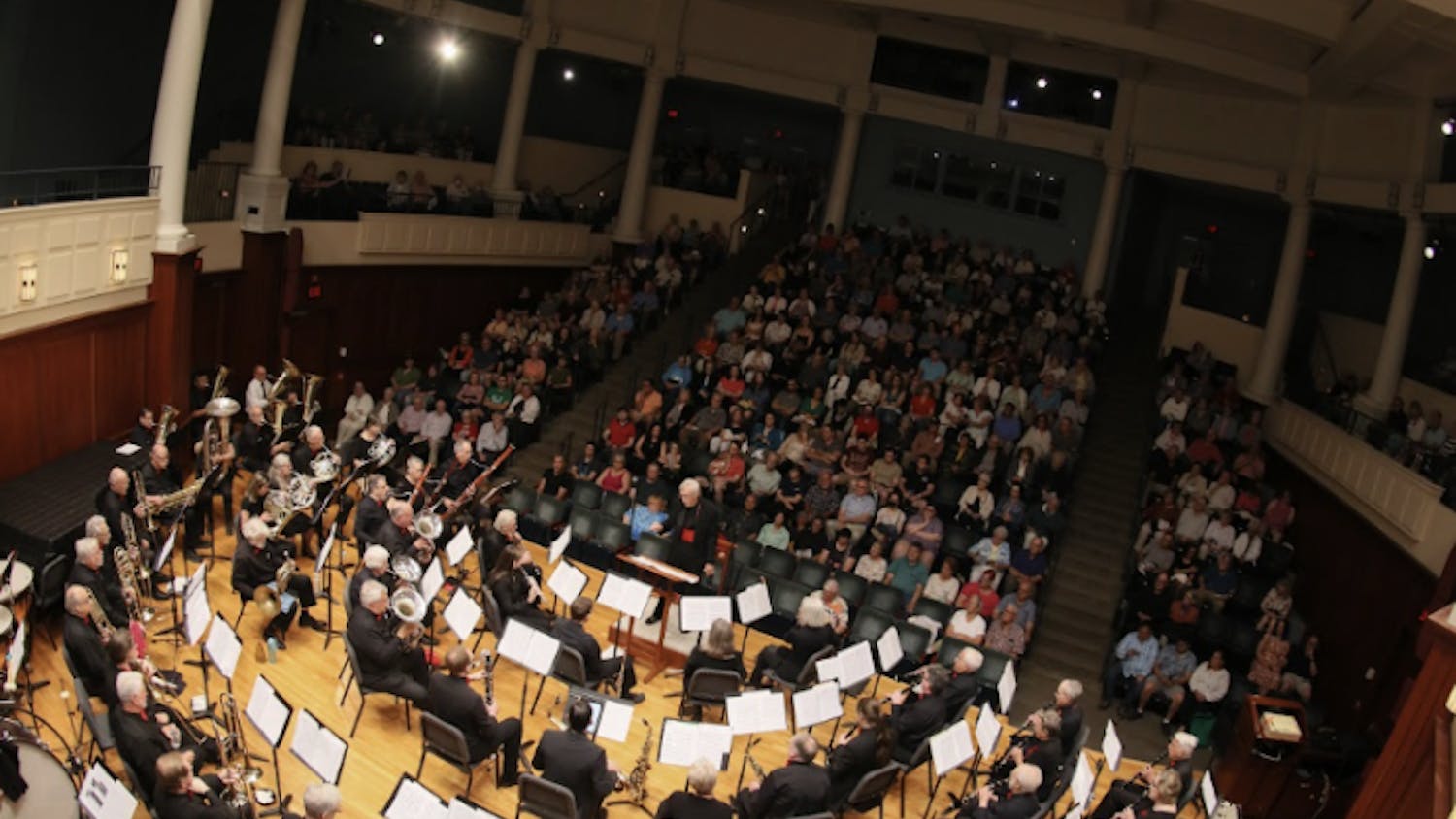By Sydney Shaw
Former Editor-in-Chief
The College is a home away from home for thousands of students, staff and faculty members who live and learn within its colonial-style campus. But like all institutions, it is not without its faults.
Some students wake up to the roar of dumpsters getting emptied at 5 a.m., C-Store prices are ridiculously inflated and the din of construction seems to be an evergreen fixture of our not-so-perfect campus.
From recycling to mental health care to tuition increases, there are plenty of issues President R. Barbara Gitenstein should think about this spring semester.
1. Which resources will be missing in the wake of the TCNJ Clinic closing:
The TCNJ Clinic is set to close at the end of this academic year, taking with it the only source for students to receive on-campus, long-term counseling. Counseling and Psychological Services, located in Eickhoff Hall, follows a model of brief counseling, followed by a referral to an off-campus mental health care provider.
“Because CAPS can’t do long-term (treatment), it becomes complicated to place kids who are really struggling and need long-term help,” said Jennifer Sparks, the TCNJ Clinic director. “This is the only on-campus place for that.”
Unless the College plans to bolster the services offered by CAPS, there will be a gap in mental health care on campus when the fall semester rolls around.

2. How to prevent another tuition increase:
The cost of tuition at the College increased again this academic year, this time by 2.25 percent, or about $245. For students who live on campus, the total increase came to about $658 after housing and meal plan expenses. Believe it or not, hikes in tuition have nothing to do with the College’s many construction projects. Those are funded mostly through state grants.
Ideally, tuition would at least remain the same from year to year, but due to a variety of factors that include budget cuts and the hiring of an ever-increasing number of campus administrators, students are forced to pay more out of pocket to attend the College.
3. Why the College has so many administrators:
So, why does the College keep adding new administrative positions? Right now, there are 83 administrative offices listed on the College’s website, many of which house smaller offices. That adds up to hundreds of administrators, all of whom receive a decent salary. Gitenstein herself makes a base salary of around $355,341, plus a bonus that exceeds $71,000, according to NJ Spotlight.
“Gitenstein said that an increase in tuition might be necessary in order to fill a number of new positions,” according to a Signal article from a Board of Trustees meeting last May. Many, not all, of the positions that keep cropping up at the College are actually required by new federal and state regulations. Even so, there has to be a way to keep the cost down.
4. How to improve the College’s recycling program:
If you’ve been recycling your iced coffee cups from the Library Café, you’ve been doing it wrong. They’re made from a No. 5 plastic, and the College can only recycle No. 1 and No. 2 plastics. In fact, most packaging from on-campus eateries can’t be recycled on campus, including all paper coffee cups, Naked juice bottles and metallic wrapping from breakfast sandwiches.
If a campus recycling bin is sullied with too many non-recyclables, the whole bag gets carted off to a landfill, according to the College’s 2016 recycling brochure.
Until the College expands its recycling program — or purchases cups and packaging made with only recyclable materials — be wary of what you throw in those blue bins.
5. How to protect foreign students and employees in the wake of Trump’s immigrant ban:
On Monday, Jan. 30, Gitenstein sent an email to the campus community that addressed concerns about President Donald Trump’s executive order that restricts entry to the U.S. for nationals from Iran, Iraq, Libya, Somalia, Sudan, Syria and Yemen. Gitenstein encouraged students and employees of the College who are from these countries to avoid travel and emphasized that information about a student’s national origin or immigration status is private.
Since I doubt this is the last we’ll hear from Trump on immigration policies, it’s important to continue considering how his executive orders can affect students, staff and faculty.
6. What to do about Loser Hall:
Last semester, a group of students uncovered documents that indicate Paul Loser, a former superintendent of Trenton schools and the namesake of Loser Hall, actively opposed the desegregation of the district. Since the revelation, many students, including 154 who voted in The Signal’s online poll, have called for the name of the building to change.
In the same poll, 116 individuals voted to keep the name the same, while 27 were undecided.

7. How much longer professors will be working without a contract:
Members of the College’s chapter of the American Federation of Teachers have been working without a contract for the past year and a half. That means the 600 or so professors that AFT represents haven’t received a significant raise in wages in more than five years. Now, they have to dish out money to pay for dramatically increasing health care costs.
According to John Krimmel, AFT president and a criminology professor, Gitenstein is supportive of the professors’ compensation — they’ve been negotiating with the government, not the College — but it’s worth keeping in mind that most professors make less money than they did in 2011, while campus administrators have continued to receive annual pay increases and bonuses.
8. Why the College doesn’t have menstrual products in bathrooms:
More than half of the students at the College get their period every month, yet none of the bathrooms on campus offer tampons, pads or menstrual cups.
Menstrual products are expensive — 40 states still tax these as luxury goods, which is designated for products deemed unnecessary — and many people, even those who take birth control, can’t pinpoint their period start date as accurately as they’d like.
A few hours after I began writing this article, I was rushed to the emergency room, where I spent hours in agony from a ruptured ovarian cyst. I was blown away by how many friends and professors told me they’ve experienced the same trauma, a potential side effect of which is an abnormal flow. If my period hits unexpectedly while I’m in class, it would be nice to know there are menstrual products right down the hallway.
9. Who could potentially replace her as a commencement speaker:
Students love President Gitenstein, but when Rutgers University hosted a different president — THE president, Barack Obama — at its commencement ceremony last year, students began to wonder why the Git is the most high-profile guest behind the lectern each year.
The College is often treated to special guest lectures courtesy of the College Union Board. In recent years, students have had the chance to see Ice-T, Laverne Cox and Humans of New York founder Brandon Stanton deliver inspiring speeches, but celebrities never grace the commencement stage.
10. Whether or not it’s smart to have fewer beds in the “new Towers”:
Travers and Wolfe halls might be on their last legs before the buildings are torn down and replaced by a new building for freshmen (and some older students). The newly proposed residence hall, which will cost around $95 million to construct, would have about 200 fewer beds than the current towers, which have about 1,100 beds. Sean Stallings, assistant vice president of Student Affairs, tried to assuage student concerns by pointing out that many of those beds remain vacant anyway, but students posed questions about how the College’s student body can be expected to grow in the future if there are fewer spots for them.








